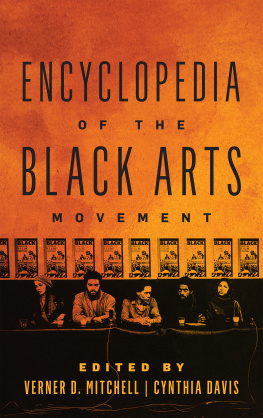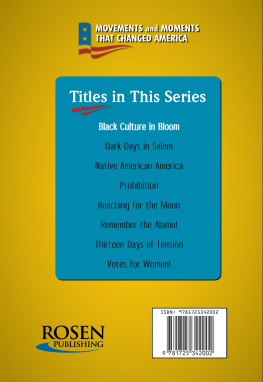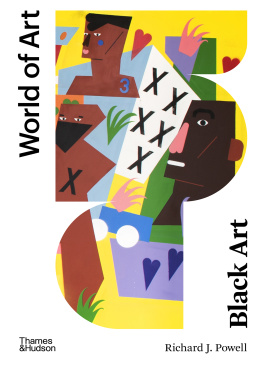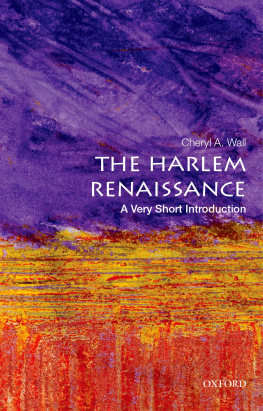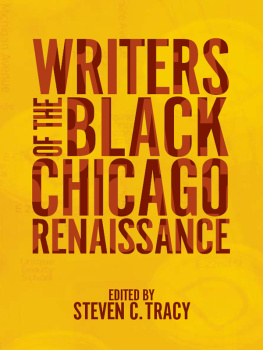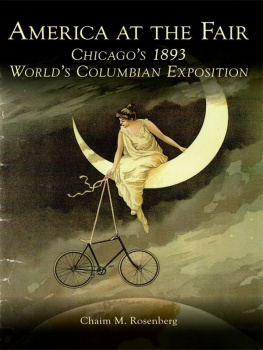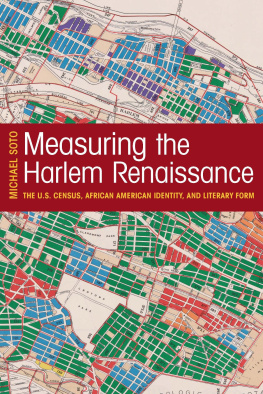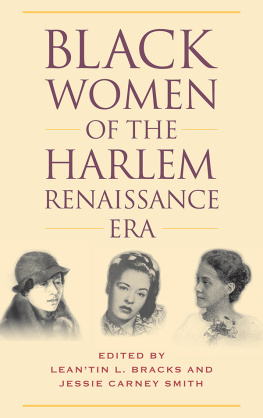Richard A. Courage - Roots of the Black Chicago Renaissance: New Negro Writers, Artists, and Intellectuals, 1893-1930
Here you can read online Richard A. Courage - Roots of the Black Chicago Renaissance: New Negro Writers, Artists, and Intellectuals, 1893-1930 full text of the book (entire story) in english for free. Download pdf and epub, get meaning, cover and reviews about this ebook. year: 2020, publisher: University of Illinois Press, genre: Detective and thriller. Description of the work, (preface) as well as reviews are available. Best literature library LitArk.com created for fans of good reading and offers a wide selection of genres:
Romance novel
Science fiction
Adventure
Detective
Science
History
Home and family
Prose
Art
Politics
Computer
Non-fiction
Religion
Business
Children
Humor
Choose a favorite category and find really read worthwhile books. Enjoy immersion in the world of imagination, feel the emotions of the characters or learn something new for yourself, make an fascinating discovery.
- Book:Roots of the Black Chicago Renaissance: New Negro Writers, Artists, and Intellectuals, 1893-1930
- Author:
- Publisher:University of Illinois Press
- Genre:
- Year:2020
- Rating:4 / 5
- Favourites:Add to favourites
- Your mark:
Roots of the Black Chicago Renaissance: New Negro Writers, Artists, and Intellectuals, 1893-1930: summary, description and annotation
We offer to read an annotation, description, summary or preface (depends on what the author of the book "Roots of the Black Chicago Renaissance: New Negro Writers, Artists, and Intellectuals, 1893-1930" wrote himself). If you haven't found the necessary information about the book — write in the comments, we will try to find it.
The Black Chicago Renaissance emerged from a foundational stage that stretched from the 1893 Worlds Columbian Exposition to the start of the Great Depression. During this time, African American innovators working across the landscape of the arts set the stage for an intellectual flowering that redefined black cultural life.
Richard A. Courage and Christopher Robert Reed have brought together essays that explore the intersections in the backgrounds, education, professional affiliations, and public lives and achievements of black writers, journalists, visual artists, dance instructors, and other creators working in the late nineteenth and early twentieth centuries. Organized chronologically, the chapters unearth transformative forces that supported the emergence of individuals and social networks dedicated to work in arts and letters. The result is an illuminating scholarly collaboration that remaps African American intellectual and cultural geography and reframes the concept of urban black renaissance.
Contributors: Richard A. Courage, Mary Jo Deegan, Brenda Ellis Fredericks, James C. Hall, Bonnie Claudia Harrison, Darlene Clark Hine, John McCluskey Jr., Amy M. Mooney, Christopher Robert Reed, Clovis E. Semmes, Margaret Rose Vendryes, and Richard Yarborough
|CoverTitleCopyrightContentsForeword / Darlene Clark HineAcknowledgmentsIntroduction / Richard A. Courage1. The Rise of Black Chicagos Culturati: Intellectuals, Authors, Artists, and Patrons, 18931930 / Christopher Robert Reed2. Journey to Frederick Douglasss Chicago Jubilee: Colored American Day, August 25, 1893 / John McClus3. Fannie Barrier Williams, the New Negro, and Black Feminist Pragmatism, 18931926 / Mary Jo Deegan4. James David Corrothers and Henry Demarest Lloyd: Black Poet and White Patron in 1890s Chicago / Richard Yarborough5. Fenton Johnson, Literary Entrepreneurship, and the Dynamics of Class and Family / Richard A. Courage and James C. Hall6. Strategies for Visualizing Cultural Capital: The Black Portrait / Amy M. Mooney7. The Black Creole Vision of Archibald J. Motley Jr.: Hybrid Identity and New Negro Consciousness / Bonnie Claudia Harrison8. Black Chicago Pioneers in the Training of Dancers / Clovis E. Semmes9. Becoming Barth: The Chicago Years, 19241930 / Margaret Rose Vendryes10. King Daniel Ganaway: Master Pictorialist Photographer / Brenda Ellis Fredericks11. Chicagos Letters Group and the Emergence of the Black Chicago Renaissance / Richard A. CourageLiterary SelectionsAuditions / John McCluskey Jr.From Illinois: Mecca of the Migrant Mob, The Messenger 5 / Charles S. JohnsonEntering Chicago / J. M. [Frank Marshall?] DavisNotes on ContributorsIndexBack cover|
Certificate of Excellence, Illinois State Historical Society, 2021 Illinois State Historical Society
|
Richard A. Courage is a Distinguished Teaching Professor at the State University of New York, and a professor of English at Westchester Community College/SUNY. He is the coauthor of The Muse in Bronzeville: African American Creative Expression in Chicago, 19321950. Christopher Robert Reed is a professor emeritus of history at Roosevelt University. His books include Knock at the Door of Opportunity: Black Migration to Chicago, 19001919 and The Rise of Chicagos Black Metropolis, 19201929.
Richard A. Courage: author's other books
Who wrote Roots of the Black Chicago Renaissance: New Negro Writers, Artists, and Intellectuals, 1893-1930? Find out the surname, the name of the author of the book and a list of all author's works by series.


